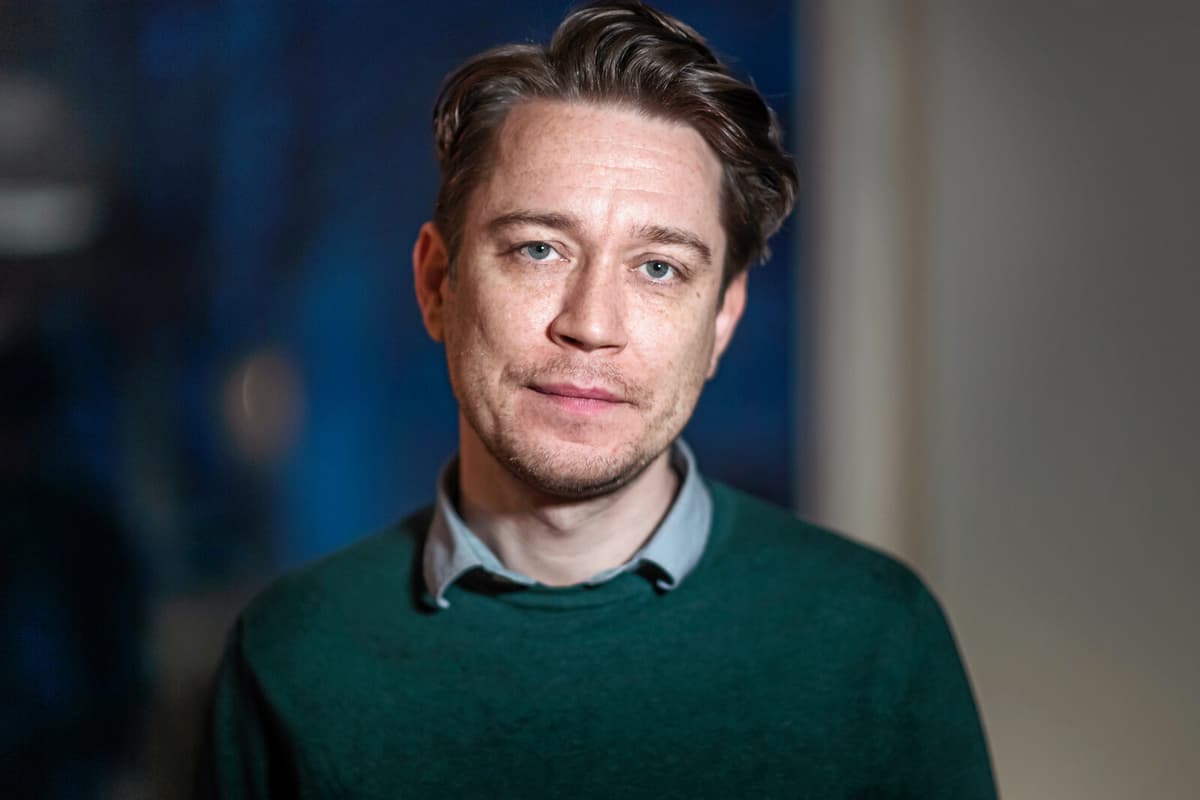During the course of just over a week, rebels led by the Islamist group HTS have taken city after city in Syria. On Sunday night, the capital Damascus fell.
The government forces have basically just packed up and disappeared, says Lund at the Total Defence Research Institute, FOI.
The fact that the rebels were able to take the major city of Aleppo with a lightning-fast offensive in just a few days is seen by Lund as the main reason for the regime's collapse. After that, they were unable to form new resistance.
And when the city of Homs fell yesterday, the regime was no longer possible to save, says Lund.
Obviously, Russia and Iran did not provide the support they needed to give, but that support was needed a week ago.
What comes next?
The big question now is what will come after the al-Assad regime in Syria.
The leading rebel group Hayat Tahrir al-Sham (HTS) was founded as al-Qaeda's Syrian branch Nusra Front when the civil war broke out in 2011. But a few years later, ties were cut with the terrorist network and also with IS.
IS moved in a more radical direction and this group has gradually taken a more pragmatic path, says Lund.
The movement is, however, listed as a terrorist organization by several countries, including the US, and the UN.
HTS is a hardline Islamist group that has strived to appear more pragmatic and moderate than it has been before, says Lund.
HTS, for example, does not aim to wage a global holy war. Commanders in HTS have also made statements that have been interpreted as saying that minorities in Syria can feel safe.
According to Lund, it is "completely obvious" that HTS will want to establish an Islamic state.
It will absolutely be based on Islamic principles and Sharia law will be the basis for legislation. There's no question about that.
Such a state can, according to Lund, take different forms with different levels of popular participation.
But whether HTS will be able to re-establish a functioning state power in Syria remains to be seen, he emphasizes.
It's not a given that they will succeed at all. If they do, the question is how strong it will be and what control it will have over different parts of the country, says Lund.
He points out that other rebel forces have taken over certain cities. In the north, there are Kurdish groups, supported primarily by the US, which HTS has no control over at all.
There are coastal areas where al-Assad supporters, the Alawites, are particularly strong. There are also two Russian military bases.
HTS has, however, worked for many years to build up government functions and institutions on a smaller scale in areas it has controlled, such as in the province of Idlib.
HTS leader Ahmed al-Sharaa has also forbidden rebel forces in Damascus from approaching public institutions until they are officially handed over.
They will naturally take over step by step and try to replace key personnel. To begin with, they will let the state apparatus function, says Lund.
We'll see.
Corrected: An earlier version of the text contained an unverified claim about the terrorist listing of HTS.






